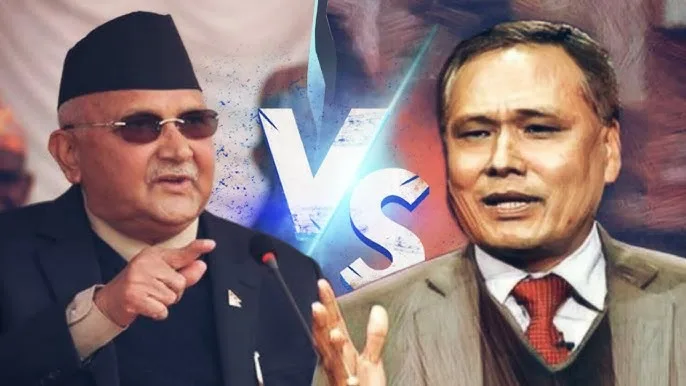
A Three-Member Probe Commission Formed to Investigate NEA Chief Kulman Ghising
In Thursday’s cabinet meeting, a three-member inquiry commission was formed under the leadership of former Chief Justice Hari Kumar Pokhrel to investigate allegations against Kulman Ghising, the Executive Director of the Nepal Electricity Authority (NEA). Two more members are yet to be appointed to the commission.
Ignoring Ministry Requests
Previously, when the Ministry requested various documents from Kulman, he displayed defiance and non-compliance. Initially, a 15-point clarification was sought from him, giving him a 15-day deadline to respond. However, he ignored the request entirely.
The second attempt, with a reduced seven-day deadline, also sought clarifications on similar issues. Yet again, Kulman failed to provide any response.
Resistance and Public Stance
Kulman not only disregarded ministry directives but also delayed implementing cabinet decisions. He conducted press conferences in a manner that generated public distrust and animosity towards the Prime Minister, ministers, and the entire cabinet. Instead of resolving problems, he escalated them by taking impractical stances and tarnishing the government’s reputation. Using NEA’s resources, he organized media campaigns to criticize the government and foster negative public opinion.
When parliamentary committees requested documents, Kulman reportedly dumped truckloads of paperwork at the Parliament Secretariat, displaying a dismissive attitude. His actions suggest an inflated sense of self-importance, aiming to avoid scrutiny and questioning.
Allegations of Resource Misuse and Manipulation
Kulman is accused of exploiting the resources of a government-owned institution for personal gains, bolstered by what critics call artificial stardom and superficial popularity. He is alleged to have influenced regulatory bodies like the Commission for the Investigation of Abuse of Authority (CIAA) and the judiciary to his advantage. Furthermore, his actions to sway public opinion through stunts and theatrics raise serious concerns about accountability.
Proposed Actions Against Kulman
To ensure an impartial investigation, the commission must first separate Kulman from his NEA role, requiring him to report to the ministry. The commission should seize relevant documents and begin statements and other procedures.
There are concerns that Kulman might refuse to comply with the commission’s summons or even flee the country. Given the cross-border and organized nature of alleged corruption in underground cabling and other projects, preventive measures are essential. This includes seizing his passport, issuing circulars at airports and border points, and preparing to detain him if he avoids cooperation.
If necessary, the commission could suspend Kulman, freeze his accounts, and proceed with custodial interrogation.
Government’s Preparedness Praised
The government’s recent steps appear mature, especially with the formation of the independent inquiry commission. If Kulman is brought under ministry jurisdiction, he may challenge the decision in court. However, since the commission operates within its legal framework, such challenges are unlikely to succeed.
To prevent any further obstructions, the government and the commission must proceed decisively. Failure to act decisively could allow Kulman to continue his alleged manipulative strategies.
